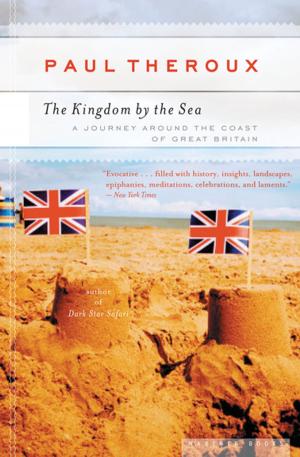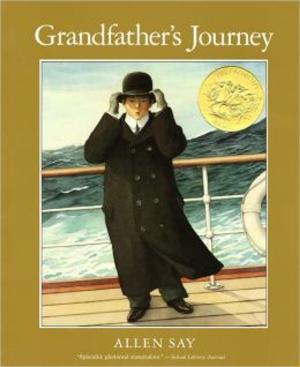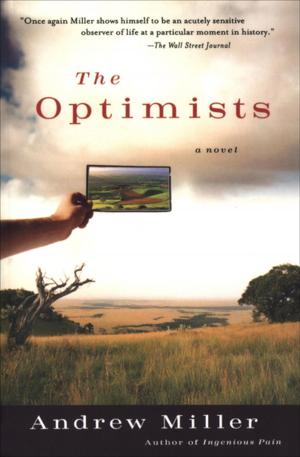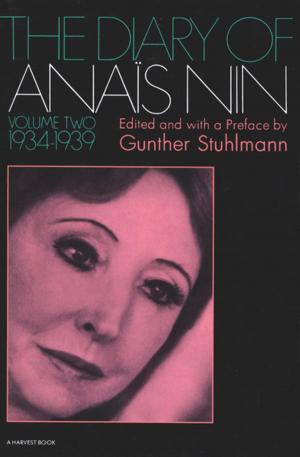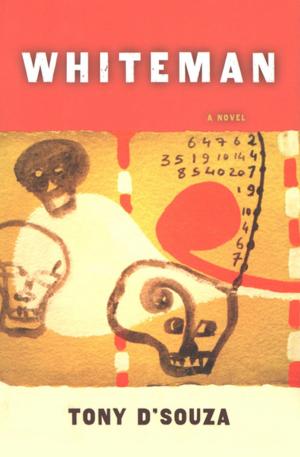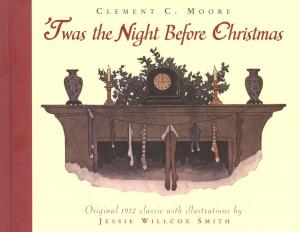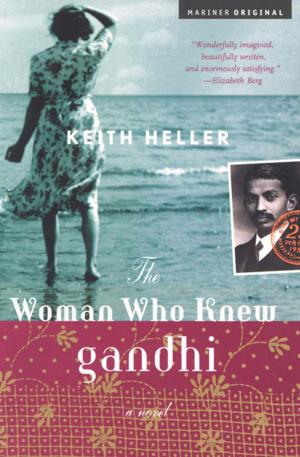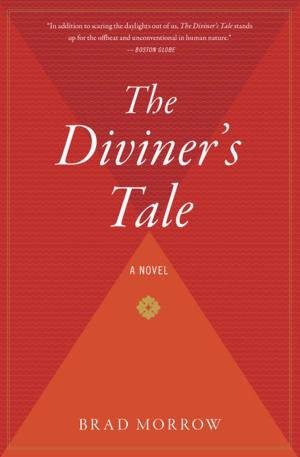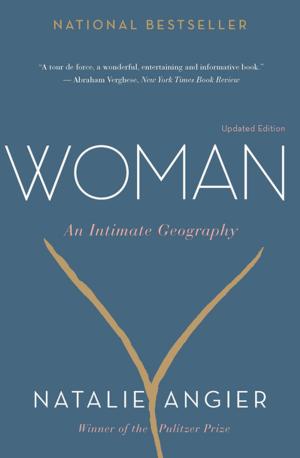What There Is to Say We Have Said
The Correspondence of Eudora Welty and William Maxwell
Nonfiction, Entertainment, Drama, Anthologies, Fiction & Literature, Essays & Letters, Biography & Memoir, Literary| Author: | ISBN: | 9780547549248 | |
| Publisher: | Houghton Mifflin Harcourt | Publication: | May 12, 2011 |
| Imprint: | Mariner Books | Language: | English |
| Author: | |
| ISBN: | 9780547549248 |
| Publisher: | Houghton Mifflin Harcourt |
| Publication: | May 12, 2011 |
| Imprint: | Mariner Books |
| Language: | English |
Letters revealing a lost literary world—and a unique friendship between a brilliant author and a New Yorker editor.
For over fifty years, Eudora Welty and William Maxwell, two of our most admired writers, penned letters to each other. They shared their worries about work and family, literary opinions and scuttlebutt, and moments of despair and hilarity. Living half a continent apart, their friendship was nourished and maintained by their correspondence.
What There Is to Say We Have Said bears witness to Welty and Maxwell’s editorial relationship—both in Maxwell’s capacity as New Yorker editor and in their collegial back-and-forth on their work. It’s also a chronicle of the literary world of the time; they talk of James Thurber, William Shawn, Katherine Anne Porter, J. D. Salinger, Isak Dinesen, William Faulkner, John Updike, Virginia Woolf, Walker Percy, Ford Madox Ford, John Cheever, and many more. It is a treasure trove of reading recommendations.
Here, Suzanne Marrs—Welty’s biographer and friend—offers an unprecedented window into two intertwined lives. Through careful collection of more than three hundred letters as well as her own insightful introductions, she gives us “a vivid snapshot of 20th-century intellectual life and an informative glimpse of the author-editor relationship, as well a tender portrait of devoted friendship” (Kirkus Reviews).
Letters revealing a lost literary world—and a unique friendship between a brilliant author and a New Yorker editor.
For over fifty years, Eudora Welty and William Maxwell, two of our most admired writers, penned letters to each other. They shared their worries about work and family, literary opinions and scuttlebutt, and moments of despair and hilarity. Living half a continent apart, their friendship was nourished and maintained by their correspondence.
What There Is to Say We Have Said bears witness to Welty and Maxwell’s editorial relationship—both in Maxwell’s capacity as New Yorker editor and in their collegial back-and-forth on their work. It’s also a chronicle of the literary world of the time; they talk of James Thurber, William Shawn, Katherine Anne Porter, J. D. Salinger, Isak Dinesen, William Faulkner, John Updike, Virginia Woolf, Walker Percy, Ford Madox Ford, John Cheever, and many more. It is a treasure trove of reading recommendations.
Here, Suzanne Marrs—Welty’s biographer and friend—offers an unprecedented window into two intertwined lives. Through careful collection of more than three hundred letters as well as her own insightful introductions, she gives us “a vivid snapshot of 20th-century intellectual life and an informative glimpse of the author-editor relationship, as well a tender portrait of devoted friendship” (Kirkus Reviews).



